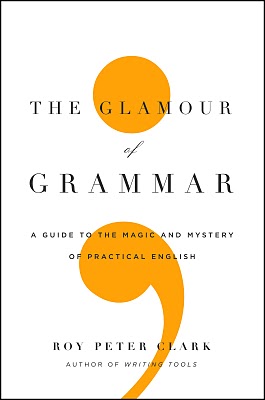My problem with "just-in-time" learning
"Just-in-time (JIT) learning" is the newish buzzword you hear often in association with video games and learning. It's a deceptively simple idea suggesting that learning is better when it is "on-demand." You encounter a problem, you're given the information to solve it, and you solve it then and there. No need to memorize a set of facts ahead of time that you may or may not use in the future, no need for abstract concepts that have no bearing on the immediate demands of the situation, no need for decontextualized facts and figures. As far as I know, this concept is assumed to be right and I have never seen the concept criticized before, but I'm going to go ahead and say: I have a problem with JIT learning on two levels: 1) It's overly vague and 2) It often doesn't work.
